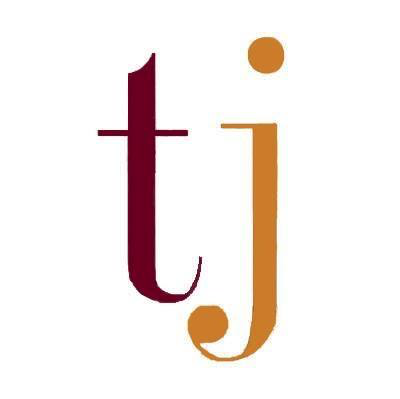Why Investigative Reporting Does Matter brought together a group of reporters from all areas of the industry in the Carolinas to give their defense on the importance of investigative journalism. The panel is part of the News Literacy events being held across campus this school year. Students and professors alike gathered in the Richardson Ballroom Tuesday, Feb. 12 to listen as the group of journalists took the podium for the event.
Among these journalists, however, was one with a special significance to many of the writers and professors in the room: Anna Douglas, Winthrop alumni and former writer and editor of The Johnsonian.
Douglas, who has gone on to work for the Charlotte Observer, was joined by Jennifer Hawes, a Pulitzer prize-winning journalist for the Charleston Post & Courier and Bill Fox, president of Protecting Public Access to Public Records. The event was moderated by Manning Kimmel, a managing partner of Our Three Sons Broadcasting.
The panelists began by noting a distaste society has developed for news media in recent years. Describing the nature of the profession, Douglas did not find it quite surprising.
“Investigative reporting is putting something out there that someone somewhere doesn’t want you to know,” Douglas said. “True investigative work has to shine a light.”
Douglas has had much experience dealing with pushback from shining a light. In 2014, she began writing what became an ongoing series of stories documenting corruption surrounding Winthrop’s then-president Jamie Williamson. When Williamson contacted the paper to tell her story after her ousting, the public scorned the paper.
Though the public had expressed their distaste for Williamson and the paper, Douglas focuses on the positive aspects her writing brings to Winthrop overall.
“I hope that the impact of that work is that Winthrop’s board became more transparent,” she said.
Bill Fox spoke on the impact investigative journalism can have.
“Most importantly,” he said, “investigative journalism has impact. Whether that be starting a conversation or enlightening people to issues. To light a path towards solutions.”
Fox punctuated his point with a story involving a 1991 court case, where a student at the University of South Carolina filed a Freedom of Information Act request for specific records on salaries. After following the case for five years, the court ordered the release of the records, only for the university to admit to throwing them away.
Though disheartened, Fox and his reporters persevered in following the story and the missing records.
“So we dug through a landfill and got them,” Fox said.
After three days of digging, the case was closed after Fox and his reporters recovered the documents.
Hawes confirmed the sentiment of the other panelists, detailing her own efforts working to publish stories on domestic violence and the 2015 Charleston church massacre, receiving threats from a preacher’s son for her investigations on the latter. Though criticism makes her work difficult, she sees it as ultimately useful to society.
“I tend to think of investigative work as harder,” Hawes said. “It’s almost like detective work. There is the idea of being a watchdog, of bringing issues to light.”
Though the work is difficult, and more people than ever are seeing journalistic media as a threat, the panelists persevere.
“I try not to dwell on these things too much, but I don’t keep my head in the sand to it,” Douglas said.
The News Literacy series continues throughout the semester. The next event, The Future of Journalism, takes place March 26 at 7:00 p.m. in the Richardson Ballroom.




